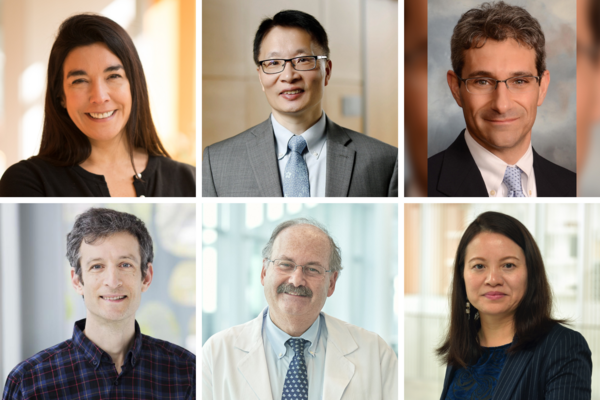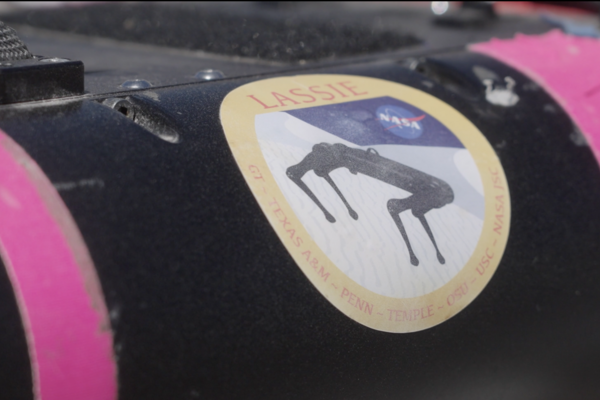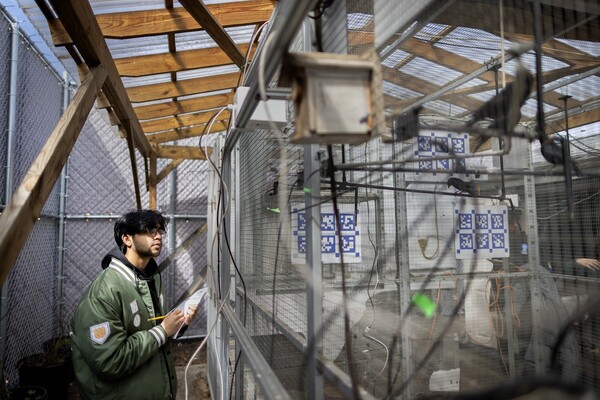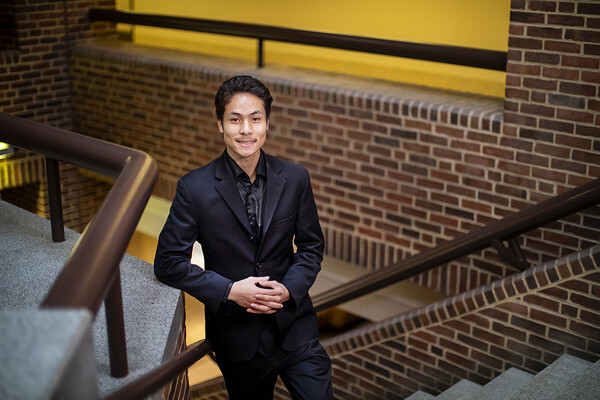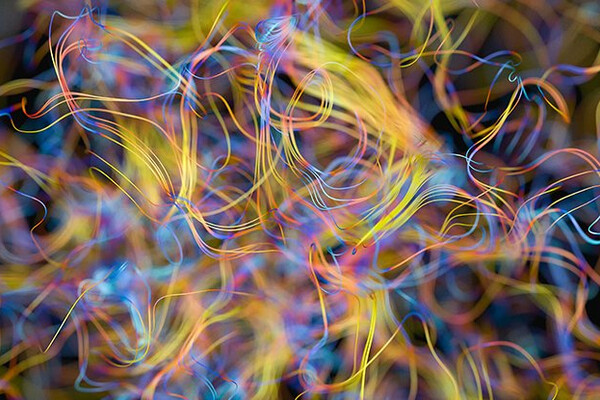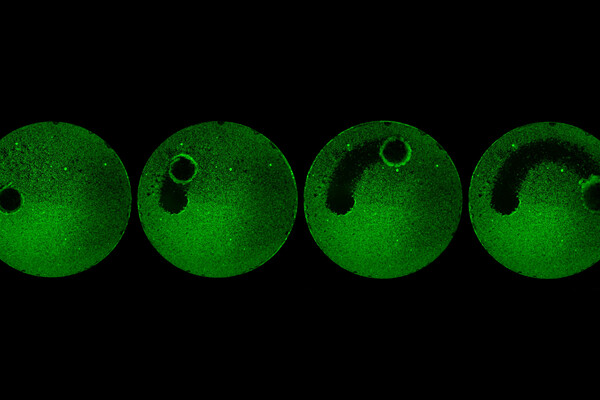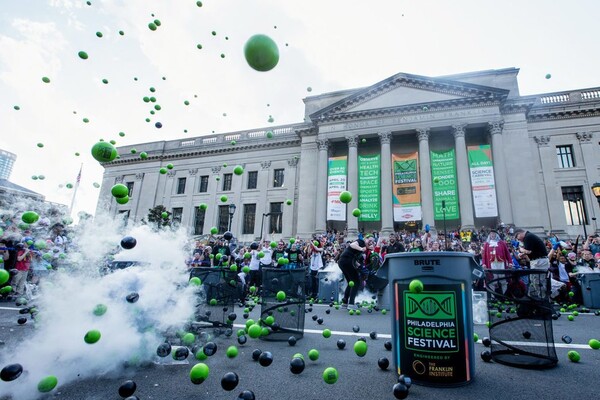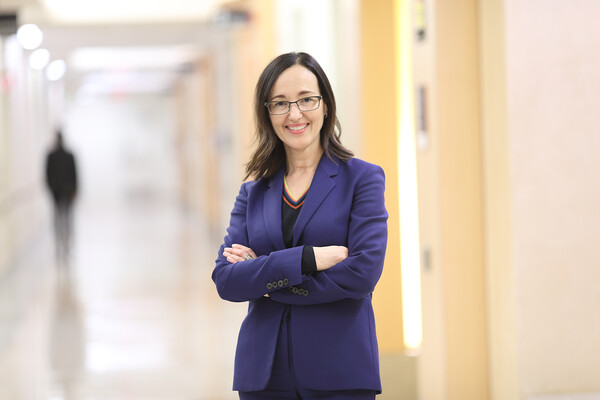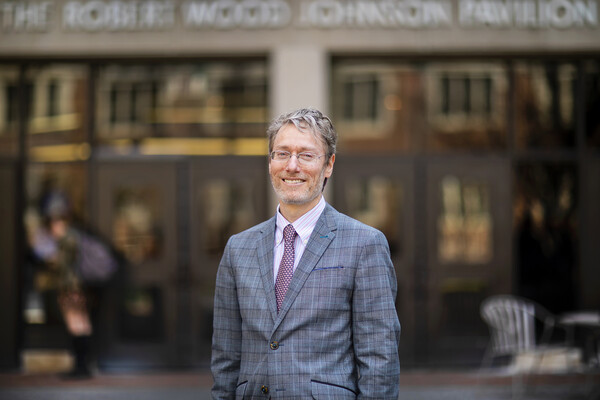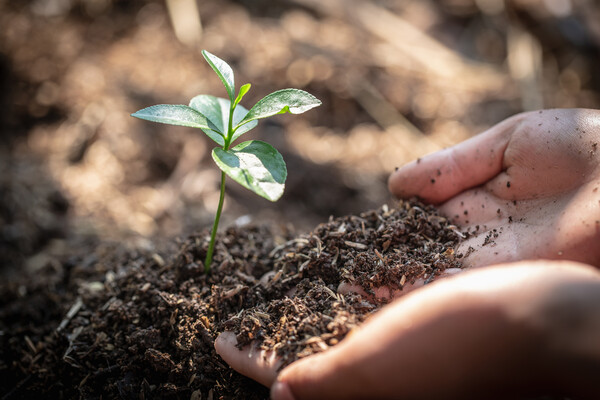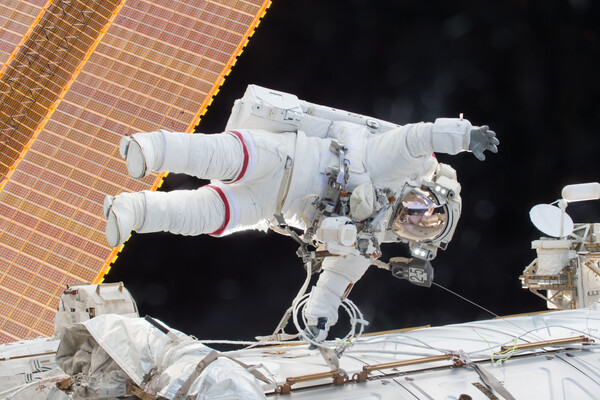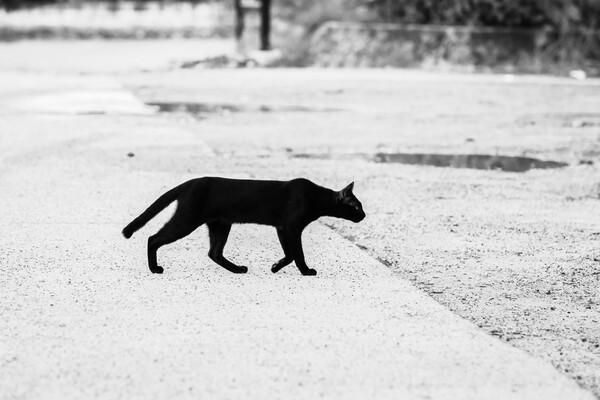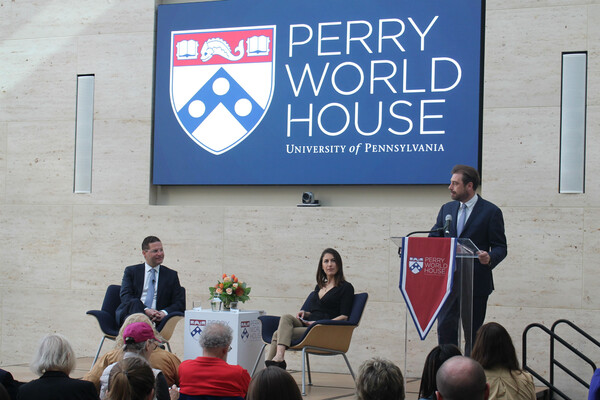4/16
Science & Technology
Lightbulb moment: A snap-on solution for energy conservation
Senior Wharton student Michael Wong won a President’s Innovation Prize for his startup InstaHub.
Making sense of string theory
A Q&A with theoretical physicists Mirjam Cvetic and Ling Lin about what string theory is and how their recent discovery of a “quadrillion solutions” might change the course of the field.
An army of microrobots can wipe out dental plaque
A swarm of microrobots, directed by magnets, can break apart and remove dental biofilm, or plaque, from a tooth, thanks to a partnership led by Dental Medicine’s Hyun (Michel) Koo and Engineering’s Edward Steager.
Philadelphia: The new city of science
Penn researchers will be involved in a weeklong series of interactive activities and events across the city as part of the Philadelphia Science Festival.
Expanding opportunities to leverage science in the clinic
Patricia Corby, who recently joined the School of Dental Medicine as associate dean for translational research, is bringing her research to bear for cancer patients undergoing radiation, while looking to advance clinical research School-wide.
Brain regions linked to memory and emotion help humans navigate smell
The work points to the existence of a grid-like hexagonal structure in olfactory-related brain areas, similar to mapping configurations previously found to support spatial navigation in animals.
Protecting the planet at Penn
Earth Day and every day, the University community is at work to make the world a little better. Here are some highlights from those efforts.
How a year in space affects the brain
Penn Medicine’s Mathias Basner discusses the NASA Twins Study, which analyzed astronaut Scott Kelly’s physical and mental health after he spent 340 days in space, and found that Kelly’s performance on a cognitive test battery dropped when he returned to Earth for six months.
How superstitions spread
Superstitious beliefs may seem irrational, but they catch on in a society. Using an evolutionary approach to studying the emergence of coordinated behaviors, Erol Akçay and Bryce Morsky showed how a jumble of individual beliefs, including superstitions, coalesce into an accepted social norm.
Tackling climate change on all levels
At the Perry World House Global Shifts Colloquium, experts from around the world discussed what governments, and individuals, can do to avoid the ultimate catastrophe.
In the News
Here’s why experts don’t think cloud seeding played a role in Dubai’s downpour
Michael Mann of the School of Arts & Sciences says that many people blaming cloud seeding for Dubai storms are climate change deniers trying to divert attention from what’s really happening.
FULL STORY →
Can we stop AI hallucinations? And do we even want to?
Chris Callison-Burch of the School of Engineering and Applied Science says that auto-regressive generation can make it difficult for language learning models to perform fact-based or symbolic reasoning.
FULL STORY →
“Record-shattering” heat wave in Antarctica — yep, climate change is the culprit
Michael Mann of the School of Arts & Sciences says that persistent summer weather extremes like heat waves are becoming more common as people continue to warm the planet with carbon pollution.
FULL STORY →
How the solar eclipse will affect solar panels and the grid
Benjamin Lee of the School of Engineering and Applied Science says that the electrical grid will have to figure out how to match supply and demand during brief windows where the energy source goes away.
FULL STORY →
Scientists struggle to explain ‘really weird’ spike in world temperatures
Michael Mann of the School of Arts & Sciences says that tendencies to exaggerate climate science in favor of “doomist” narratives helps no one except the fossil fuel industry.
FULL STORY →
Spring is here very early. That’s not good
Michael Mann of the School of Arts & Sciences says that plant-flowering, tree-leafing, and egg-hatching are all markers associated with spring that are happening sooner.
FULL STORY →
Can your personal medical devices be recycled?
A lab at the School of Engineering and Applied Science led the development of a COVID test made from bacterial cellulose, an organic compound.
FULL STORY →
Could Florida electric bills go up because of a fuel made from manure?
Danny Cullenward of the Kleinman Center for Energy Policy at the Weitzman School of Design says that federal and California state subsidies have led to a gold rush of companies trying to get into the business of renewable natural gas around the country.
FULL STORY →
Students can soon major in AI at this Ivy League university—it’ll prepare them for ‘jobs that don’t yet exist’
The Raj and Neera Singh Program in Artificial Intelligence at Penn will be the first AI undergraduate engineering major at an Ivy League school, led by George Pappas of the School of Engineering and Applied Science.
FULL STORY →
Pa. environmental, religious and other groups criticize Shapiro plan for ignoring climate change
A study by the Kleinman Center for Energy Policy at the Weitzman School of Design found that Pennsylvania would benefit overall from joining the Regional Greenhouse Gas Initiative.
FULL STORY →




